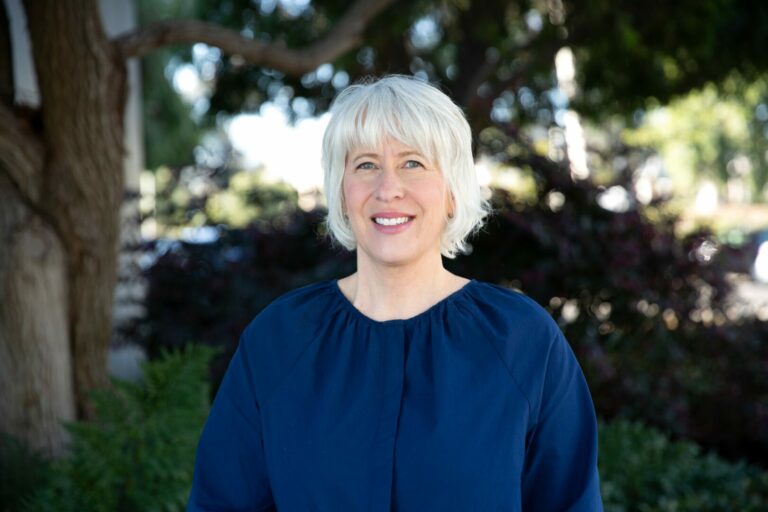We were lucky to catch up with J Ryan Stradal recently and have shared our conversation below.
J Ryan, so many exciting things to discuss, we can’t wait. Thanks for joining us and we appreciate you sharing your wisdom with our readers. So, maybe we can start by discussing optimism and where your optimism comes from?
I’m a fairly optimistic person, and I believe that it comes from my parents, each of whom proved to me multiple times throughout my childhood and teenage years that it’s never too late to change your life for the better. Most consequentially, they each returned to college as adults (they were 35 and 47, respectively) to complete the Bachelor’s degrees they’d abandoned after military service took my dad overseas. The compromises were great; to have a parent no longer making money but *costing* the family money led to some leaner years indeed. Even so, for each of them, their long-delayed college diplomas opened doors to a more fulfilling career — and a better quality of life in every way. How could I experience that and not head out on my own with the same sense that significant risks can truly pay off?
Thanks for sharing that. So, before we get any further into our conversation, can you tell our readers a bit about yourself and what you’re working on?
I’ve wanted to be a novelist since I was a child, but as a young reader, I had a difficult time finding the people and places I knew in novels I loved. I can never forget my childhood and teenage years, hungry for any Midwest setting in a novel, seeing my home state represented in fiction so infrequently, wanting that validation of being recognized, of being worth writing about. I write for that kid today.
Amid a veritable gold rush of Midwestern writers who have written books I deeply admire today—Louise Erdrich, Faith Sullivan, Kathleen Rooney, Christi Clancy, Peter Geye, Patrick Hicks, and Lorna Landvik come to mind— I also seek merely to add to the conversation about what my home region is and who its people are, especially in regards to Minnesota. While I enjoyed the movie Fargo, and listened to Prairie Home Companion, I felt that each had an outsized role in defining my home state to outsiders. That said, I don’t seek to dispel anything. I don’t wish to be an antidote, just another voice. I’d love to see many, many more new Midwest voices flourish in the years to come, especially from under-represented communities.
My latest novel, Saturday Night at the Lakeside Supper Club, which just came out this April, is my most personal book by far, but remains just as rooted in the Midwest as my previous novels. Despite the fact that I’ve lived half of my life in California, many people have considered me a “Midwestern writer” and I’m incredibly proud of that.
If you had to pick three qualities that are most important to develop, which three would you say matter most?
The three qualities that have helped me most as a novelist are persistence, focus, and work ethic, which sound like different facets of the same stone. When I was starting out, my friend Cecil Castellucci, by then a published novelist a few times over, told me that “no one can have this career for you,” which I took to mean that if I don’t put my butt in the seat to write my stories, no one will. Until generative AI (which I despise), there were no shortcuts to writing a novel-length manuscript, and being that anything written by AI can never be a work of art, I’d maintain that’s still true.
The key for me was to treat it like a job. Wake up every day at the same time before work, or set aside time on the weekends, and get to it. Build and sharpen your imagination and skills the way through repetition and devotion to a routine. Treat your boundaries with integrity and consistency and others will respect them. Sooner or later they’ll know not to bother you in the mornings or on Sunday afternoons or whatever day and time you wall off to devote to your craft. You won’t always have productive days, but there’s no other way to make such days inevitable, and string enough of those days together and I bet you’ll have something.
Is there a particular challenge you are currently facing?
I’ve become a parent, and so I face challenges of work/life balance and bandwidth that a lot of writers who are parents do, but I’m nothing special in that regard. Then back in March, a tree fell on our house, started a fire, and destroyed almost half of the structure. Everyone is safe, and our home insurance company has been phenomenal, so it could’ve been much worse. Even so, we’ve been out ever since and won’t return home until November. For all kinds of reasons, this circumstance has been extremely difficult to work around, but the advice of other authors who’ve been through a similar disruptive and involuntary long-term displacement (notably Charmaine Craig) has been invaluable. They’ve told me to take it day by day and don’t put pressure on myself to be as productive as I’d be in a more stable situation. I’m still reading a ton (which is fuel) and taking notes on the next book. That said, I probably won’t earnestly get going on something until my family and I are back home and the dust is settled. And I’ve decided that’s OK.
Contact Info:
- Website: jryanstradal.com
- Instagram: @jryanstradal
- Facebook: https://www.facebook.com/stradal
- Twitter: @jryanstradal






Image Credits
Franco P. Tettamanti, Peter Slapnicher, Tom Benton, Pamela Klinger-Horn




